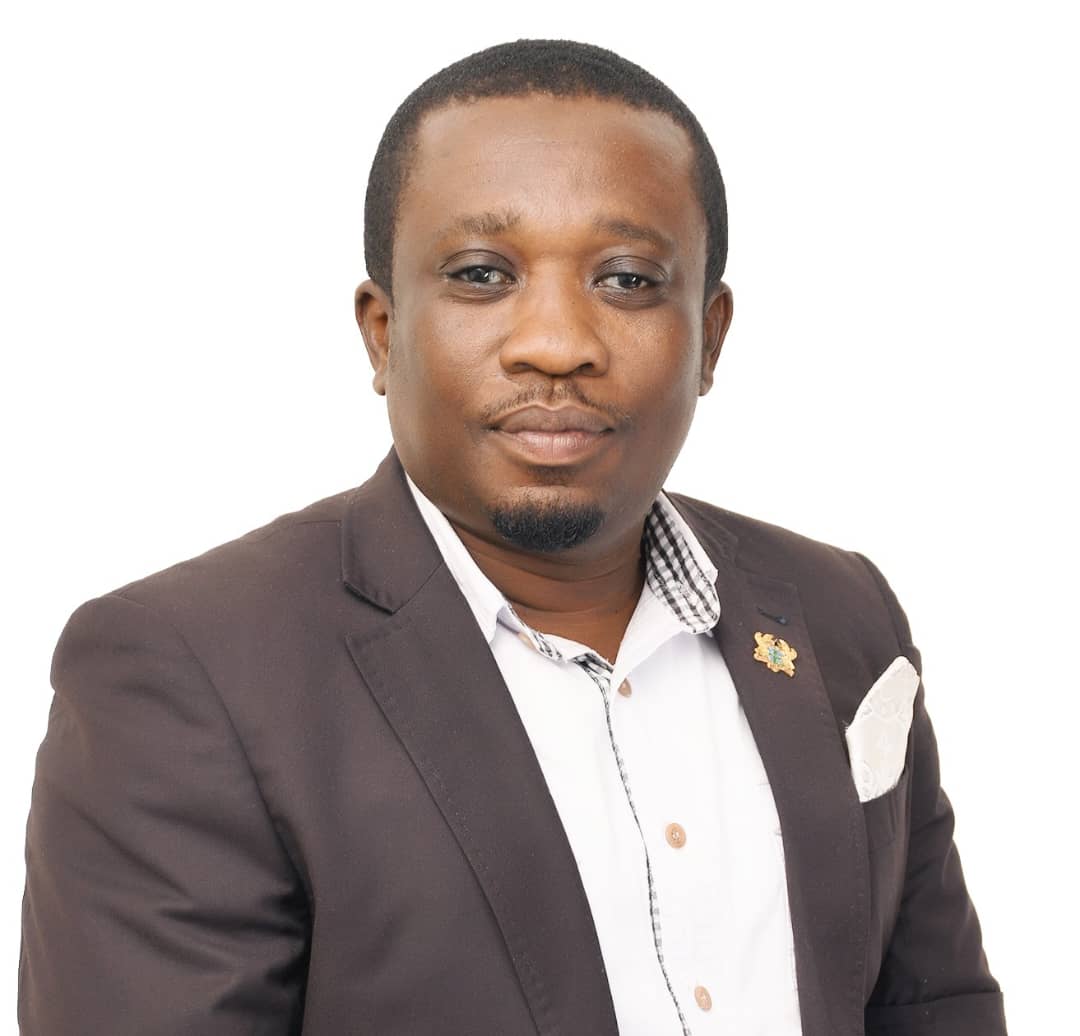The Executive Secretary Chamber for Local Governance Romeo Elikplim Akahoho said the 2024 New Patriotic Party (NPP) budget statement will be pregnant with a lot of adverse cost that will affect the economy in the long run.
Going into election in the year 2024, he projected that the budget will carry a deficit of additional cost of political campaign clause of “break the eight”. This he believes if care is not taken the budget will be dead in arrival with huge budget deficient.
He said this in on Adekyee Mu Nsem morning budget projection discussion show on Ahotor 92.3 FM host by Citizen Kofi Owusu.
Monitored from the budget statement, the Finance Minister, Ken Ofori-Atta, delivering the government’s fiscal plan for 2024 to Parliament on Wednesday, November 15, projected that the total revenue for the year is estimated at GH¢176.4 billion.
In outlining the 2024 Budget Statement and Economic Policy, Ofori-Atta highlighted that the government’s anticipated total expenditure stands at GH¢226.7 billion, representing 21.6 percent of the Gross Domestic Product (GDP).
Looking at different perspective leading to the budget statement ahead of reading of the budget; there was a mixed feeling from the citizens as express by panelist and from reviews from Prof. Peter Quartey, Director of ISSER.
The National Communication Team Member of the National Democratic Malik Adama in his opinion proposed that, there is a need for the government to put systems in place to strengthen our health system by allocating more funds and cut down high cost of major health care delivery which is threatening to lives. He said he will be glad if the government will scrap the Covid 19 levy and create an opportunity for job creation.
Mr. Abramham Koomson Secretary General of Ghana Federation of Labour said he is so disappointed in the entire government economic team. In his opinion on the platform he opined that, he thinks the government is bankrupt of economic ideas, with the management of the economic team for the past seven years. And he is not expecting any meaningful thing from the budget.
According to Prof. Peter Quartey, Director of ISSER, speaking in a round table review ahead of the budget emphasised its role in providing time series data to benefit students, researchers, and policymakers.
He noted that the report is intended to inform stakeholder budget consultations for 2024 and facilitate independent data analysis that can contribute to evidence-based policy development.
He said “Ghana’s economy has shown signs of recovery and it is likely to grow by about 3.0% by the end of 2023, all things being equal.”
He commended the agriculture sector’s resilience and expressed hope for the success of policies aimed at involving the youth in agriculture.
He stated that the “agriculture sector remains resilient and Planting for Food and Jobs 2.0 should revitalise the sector.”
Professor Quartey, however, expressed concerns about the country’s fiscal matters. He noted that while revenue had increased, reaching 15.8% of GDP, the rapid growth in expenditures, projected at 34.29% for 2023, and the lack of prudent spending practices were sources of worry.
“This trend has resulted in a significant revenue-expenditure gap, equivalent to 6.4% of GDP, or approximately GHS 5.47 billion,” he outlined.
Furthermore, he highlighted the adverse effects of excessive taxation on production, which has inadvertently promoted imports and exacerbated the prevailing high unemployment rate in the country.
According to the Director, excessive taxes on production are hampering the growth and competitiveness of domestic businesses and those on food and beverages are contributing to the rising cost of living in the country.
“Taxing production excessively is affecting industry, promoting imports and worsening the already high unemployment situation. High taxes on food and beverages are fuelling inflation, and therefore, a critical review of some of these taxes is necessary,” he added.
In light of the excessive taxes, Prof. Quartey advised the government to reduce taxes on production and broaden the tax base by implementing measures such as property rates.
He argued that this would make taxes more reasonable and affordable for a larger segment of the population.
Prof. Quartey also highlighted the importance of maintaining fiscal discipline, stimulating productive sectors, and creating employment opportunities for a stable and prosperous economic future.
He also cautioned against a potential 30-40 percent haircut on Eurobonds, which could undermine investor confidence and take a long time to restore.
The Director further suggested that Government should invest in stimulating productive sectors and ensure responsible borrowing practices.
AYM Kukah. E:mail:kukahalexander7@gmail.com
BusinessGeneral NewsNewsPolitics
Ghana needs efficient strong fiscal discipline





